|
Acadia National Park's skilled team of park scientists study the park to inform how we best care for the park. This is a key step in informing our understanding of the park and how to best manage it. Together with our partners in science, studies in varous fields of research such as archeology, social science, and research into our natural systems advance our understanding of Acadia and our understanding of natural history and human-natural systems. 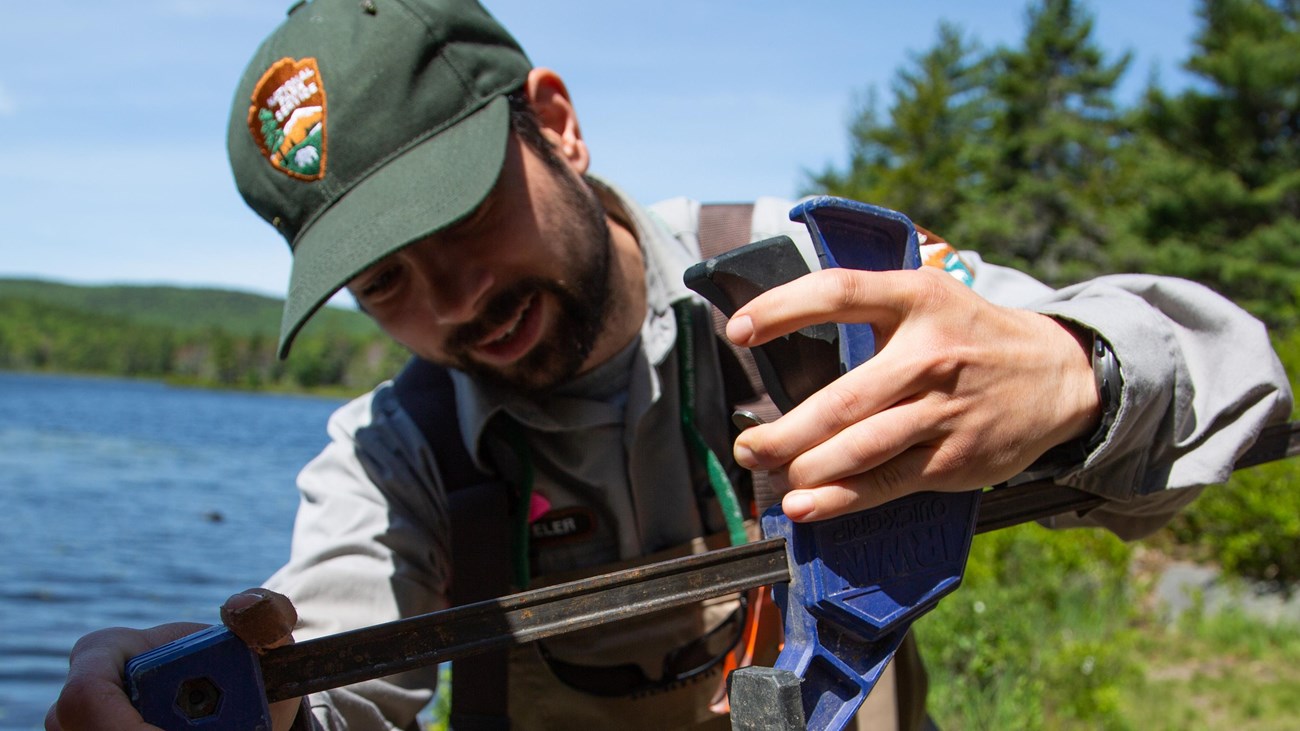
Science News
Check out what's happening now in science at Acadia. Find the latest research reports and information about what science permits are active. Find Existing ResearchIf you are interested in seeing past research projects at Acadia, please search the Integrated Resource Management Applications (IRMA) Portal for Acadia National Park for a complete inventory. Visit our Scientific Reports and Data Sets page for more information on our reports and data types and check out the links below for research and data set highlights for important subject matter areas.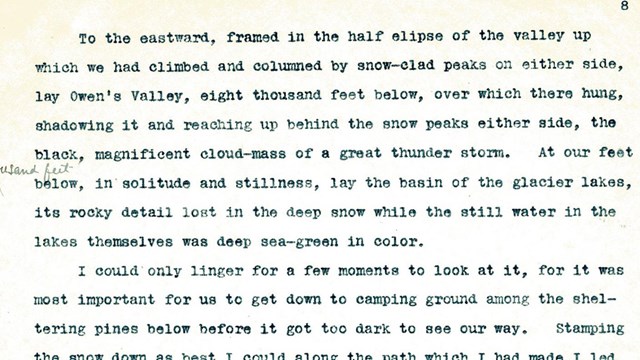
Historic & Cultural Research
Explore highlights of research on anthropology, ethnography, archaeology, historic structures, cultural landscapes and more. 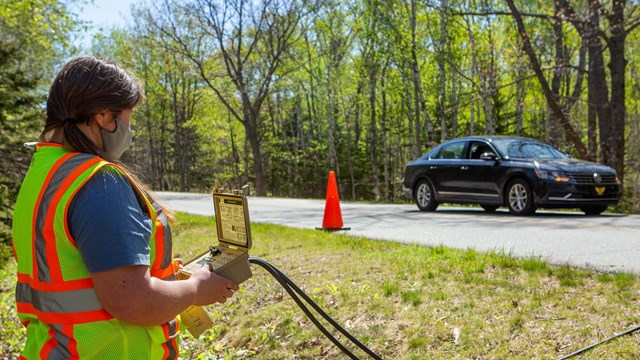
Social Science Research
Find research reports on the many ways Acadia studies how humans impact the park, from restrooms to roads. 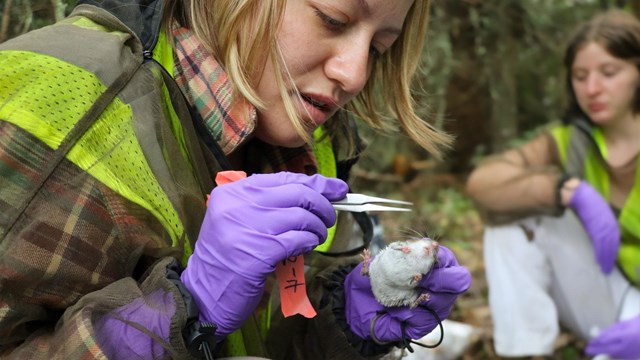
Wildlife Research
Find research reports on bats, beavers, deer, seals, birds, invertebrates and more wildlife at Acadia. 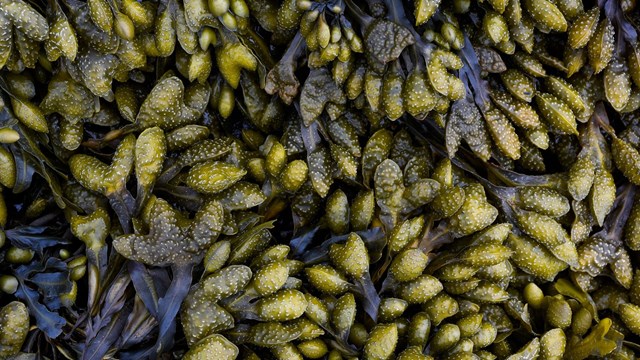
Pests, Diseases, & Invasives Research
Find research reports on pest, diseases, and invasive species 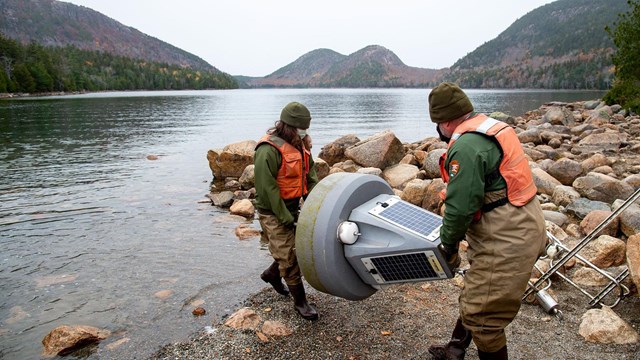
Lake, Stream, and Hydrologic Research
Find research reports on lakes, streams, and hydrology. 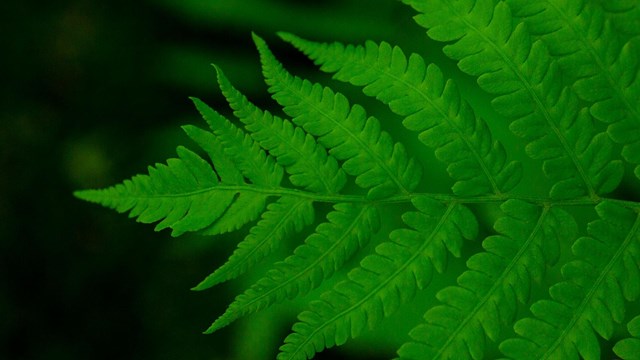
Vascular Plant Research
Find research reports about the diverse plant communities at Acadia National Park. 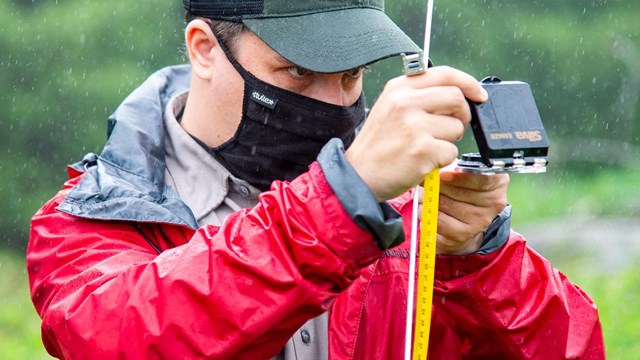
Climate and Air Research
Find research reports on air quality and climate change. 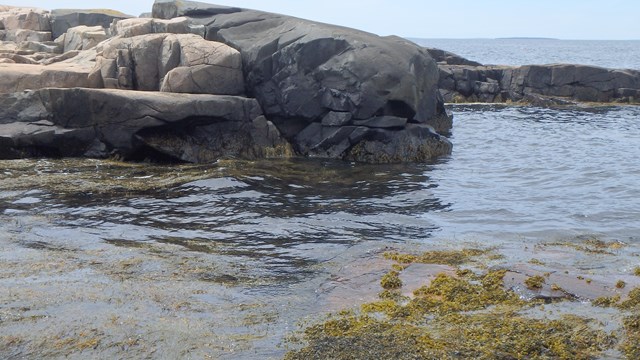
Marine & Intertidal Research
Find research reports on marine and intertidal ecosystems. 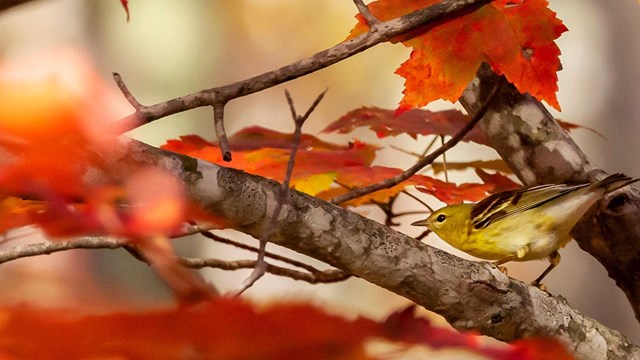
Bird Research
Find important research on birds in Acadia including warblers, peregrine falcons, haws, woodpeckers, songbirds, shorebirds and more. Partners In ScienceIn addition to park scientists, as many as 80 scientists each year do field research in Acadia. Many conduct research at the park's science and education partner, the Schoodic Institute; with other science offices in the National Park Service and at neighboring institutions such as College of the Atlantic, Mount Desert Island Biological Lab, Jackson Lab, Abbe Museum, and area historical societies, museums, and libraries. The Friends of Acadia joins Acadia's long list of partners who support science in Acadia.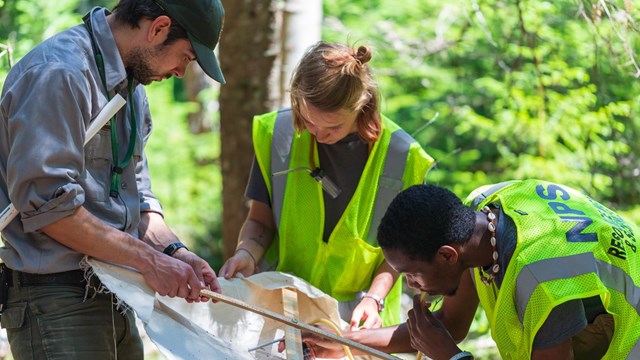
Partners In Science
Learn more about the ways that Acadia's partners are essential in the effort to study Acadia. 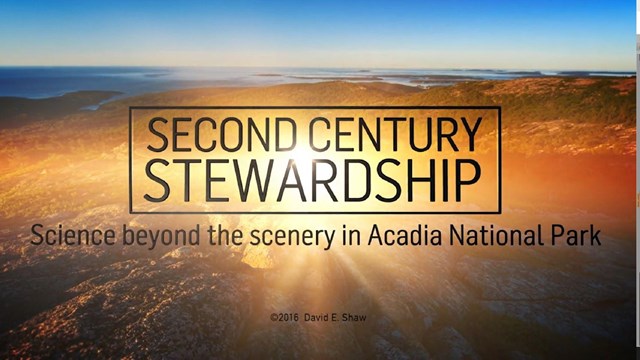
Second Century Stewardship
How do we learn about Acadia's ecosystems? Take an inside peek at science in the park. Conduct Research At AcadiaIf you are a researcher looking to do field research at Acadia National Park, you will need a research permit and produce an Annual Investigators Report. Those looking to research history related to the park can explore historic photo archives on NPGallery, email our museum curator and visit our collections page for more information. Those researchers looking to conduct specimens in the park will have to follow special guidelines set during the research process.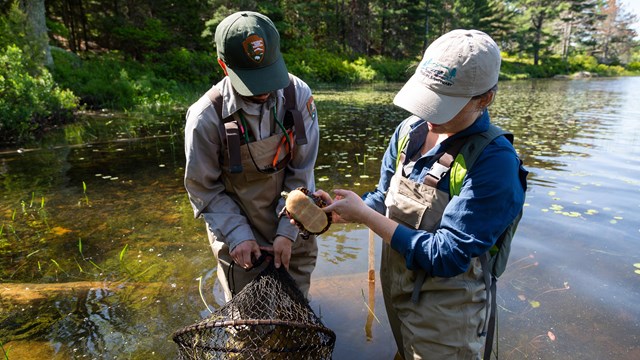
Apply for a Research Permit
To do research in the park, you must apply for a research permit through the Research Permit and Reporting System. 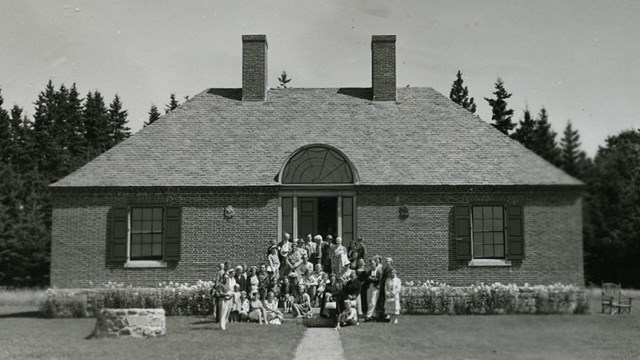
Collections
Learn about the William Otis Sawtelle Collections and Research Center, dedicated to the founder of the Islesford Historical Museum. 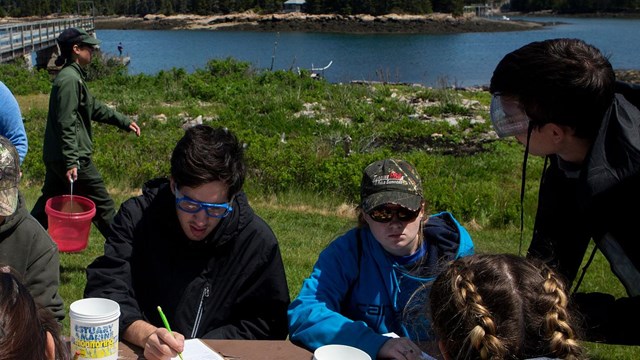
Citizen Science
Learn about the ways that everyday citizens contribute to the understanding of Acadia through citizen science. Acadia's Science Legacy: Then and NowThough the earliest attempts at colonizing and settling the coast of Maine often boasted of first 'discovering' or 'documenting' something new, through thousands of years of relations with the land and sea, the Wabanaki (People of the Dawnland) gained insights about and connected to the natural world far in ways beyond what these European 'explorers' could see.In the late 1800s and early 1900s, a group of citizen scientists called the Champlain Society began the first major European effort at cataloguing and studying Acadia, eventually leading to a call to found a national park. Since then scientific inquiry and ways of knowing have continued to break new ground including the studying of warblers and the reintroduction of peregrine falcons. Learn more about Acadia's Science Legacy and check out our science news to learn about what's happening now in Acadia science. 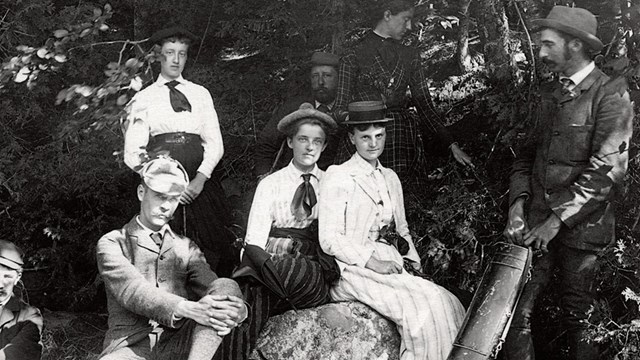
Acadia's Science Legacy
Learn more about the incredible contributions Acadia science has made to our understanding of our natural world. 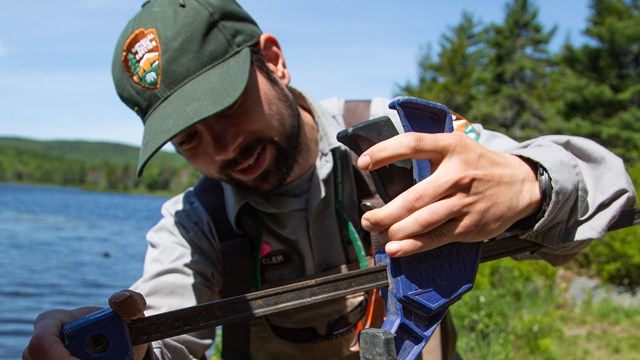
Science News
Check out what's happening now in science at Acadia. Contact UsTo inquire about a scientific report, contact: Science Coordinator Abe Miller-Rushing (207) 288-8733 (207) 288-8709 (fax) To inquire about a research permit, contact: Science Information and Communications Manager Emma Albee To inquire about museum collections and park archives, contact: Museum Curator Marie Yarborough |
Last updated: November 1, 2023
